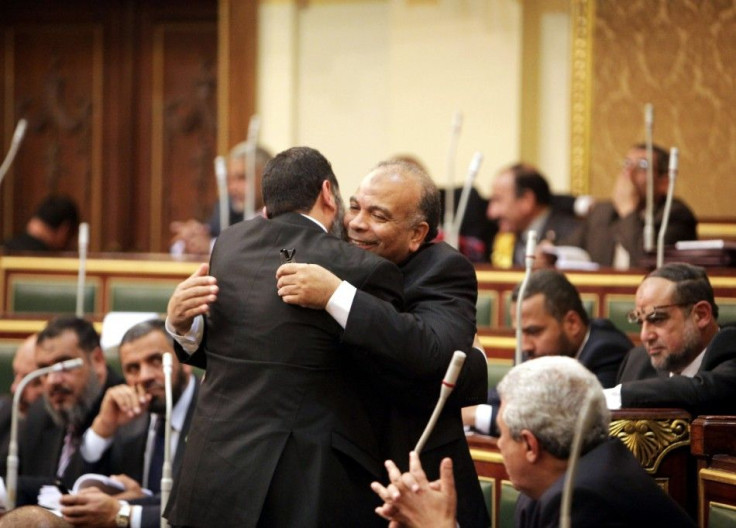Egypt Lifts 30 Year Long State of Emergency

Egypt's ruling military council said that it will lift a 30-year-long state of emergency on Wednesday, the one-year anniversary of the start of the revolution that lead to the overthrow of President Hosni Mubarak's regime.
I have made a decision to end the state of emergency starting on the morning of January 25, 2012, Field Marshal Mohamed Hussein Tantawi, who leads the Supreme Council of the Armed Forces (SCAF), said in a televised address.
Before the state of emergency was lifted, Egypt's newly elected parliament met for the first time. The first task of the freely-elected legislators is selecting the 100 members of the constitutional committee.
However, not all were excited by the two historic occasions, especially while the military council is still in power. The SCAF said it would only partially change the law, and the often-oppressive state of emergency procedures for police officers will stay in place for cases of thuggery.
Thug is a loosely defined word used that is used by both Egyptian authorities and citizens. During the revolution, it was used to describe Mubarak's violent, plainclothes police force, but was later used as an excuse for the military to crackdown on protests and detain activists.
This is not a real cancellation of the state of emergency, said Essam Sultan, a newly elected member of parliament from the moderate, Islamic Wasat Party.
The proper law designates the ending of the state of emergency completely or enforcing it completely, nothing in between.
While Wednesday is a milestone in Egypt's history, many feel disheartened that the SCAF is still in power a year after they got rid of their despotic ruler. Hundreds of demonstrators gathered in Cairo to protest against the military rulers and some within the new parliament wore scarves with slogans condemning military trials for civilians.
Trouble to the East
On the same day that the end of the state of emergency was announced, Egyptian Bedouin militants armed with automatic weapons seized a resort, the Aqua Sun, in Sinai. No tourists were present but staff members are being held hostage and the gang is demanding a four million Egyptian pound (about $662,000) ransom, according to Haaretz.
The Bedouin feel that they have been deprived, and that the state took control of their land, and now, after the revolution, they feel strong enough to take over tourist sites, to claim ownership of the land and take control of the [Egyptian] authorities, an Israeli source told the paper, adding that the Aqua Sun land was purchased legally from the Bedouins 10 years ago.
The complex is in Taba, Egypt, which sits on the Red Sea next to the Israeli border. Although the site is owned by Egyptians, authorities and security personnel are reportedly not entering the resort until they have specific permission from Israel.
© Copyright IBTimes 2024. All rights reserved.





















